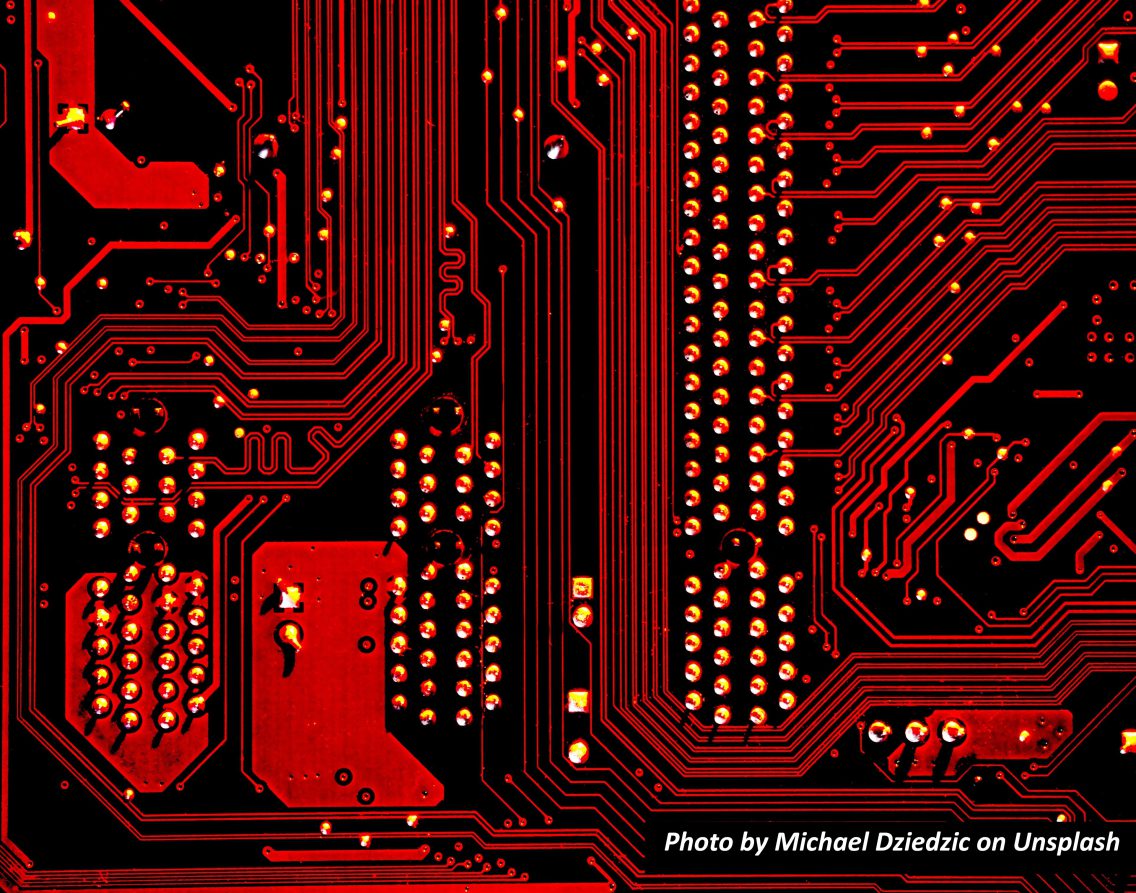
This is the third call for essays for the
IViR Science Fiction & Information Law Essay Competition.
We are delighted to announce the competition in cooperation with the
Digital Constitutionalist (DigiCon).
Never has the future of information law seemed more relevant than today. With the launch of ChatGPT in November 2022, we may find ourselves in one of the largest techo-societal experiments since the invention of the steam engine: what happens if companies make extremely powerful AI technology available to anyone with a computer and internet access? A plethora of different AI tools has left the research labs for good and are everywhere: in schools, at the workplace, in our kitchen appliances, in cars, in toothbrushes, and even our farm animals are AI-connected. At the same time, the companies that do everything in their power to get us AI-hooked have gone back in time and written us old-fashioned letters in which they warn us that their creations will also mean the end of humanity. They call for the law but do not want to miss out on the action, or their piece of the AI pie.
Information Law to the rescue! Whether it is defining guard rails for the large-scale automation of our lives, institutions and critical infrastructures, defining rules to prevent increasing inequalities through technology, inventing rules that must combat the generative disinformation deluge, laying down ground rules for the large-scale extraction of human knowledge and creativity to feed data-hungry Large Language Models, control the power of platforms and large technology companies, or hold our automated co-pilots accountable: The future of technology and the future of information law go hand in hand. But what does the future of information law look like? Will artificial intelligence support us in writing laws, and will universities move to teach future politicians and information law scholars and professionals the high art of prompt engineering? Is there still a role for politicians and information law scholars in the future, or will it be Oversight Boards, the CEOs of Large Tech Companies and Global Standardisation Bodies that define the values and rules we will live by? Do we need new rights to remain human in the brave new AI-assisted world? And do machines need rights to remain machines in a world, where AI increasingly operates independently?
About the competition
We welcome short stories (not longer than 6.000 words) reflecting on the future of information law and digital technologies. An independent jury will award the best essays the IViR Science Fiction & Information Law Award, and the authors will be invited to Amsterdam for a symposium and a lavish dinner. During this symposium, we will introduce essays and discuss their ideas. This will spark a lively discussion about how they can inspire our thoughts on a future society with AI, as well as any pending or future regulatory projects. Together, the short stories of the finalists will be published as a special issue in a dedicated open-access online book and on the website of DigiCon’s Science Fiction section. The winning short story will be transformed into a Virtual Gallery, bringing it to life in a three-dimensional world during the symposium. This special symposium will showcase the immersive power of science fiction, inspiring all who learned from it.
You can submit your story by sending it to Kimon Kieslich
The deadline for submitting your story is 31.12.2023.